Why does drinking water feel so good when you’re thirsty?

Drinking water triggers a variety of complex biochemical reactions that reward rehydration and help satiate our thirst.
Science and Technolgy blog

Drinking water triggers a variety of complex biochemical reactions that reward rehydration and help satiate our thirst.

A recent study published in Psychoneuroendocrinology offers new insights into how testosterone influences men’s perceptions of women. While sexualized women are often dehumanized based on their appearance, the researchers discovered that elevated testosterone levels also lead men to dehumanize women…
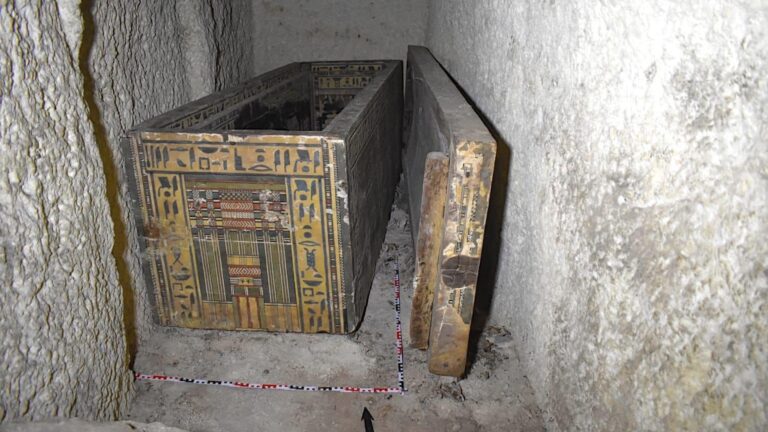
Archaeologists have discovered a 4,000-year-old tomb that belonged to an ancient Egyptian governor’s daughter.
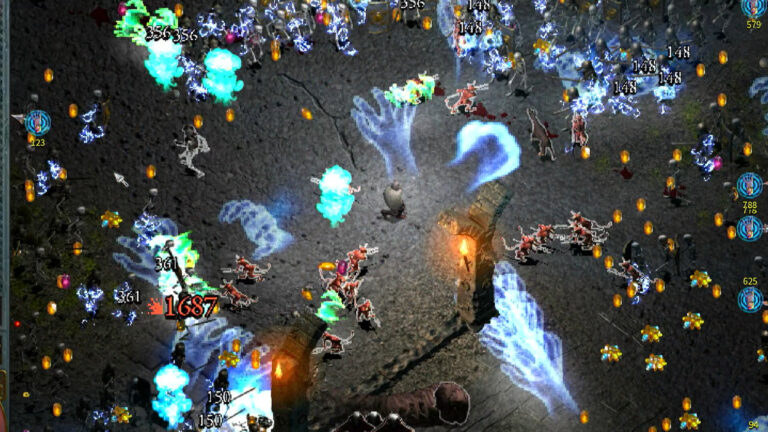
The old-school Diablo games endure for a lot of reasons. Some players like the deep lore and world-building. Some like partnering with friends and working through dungeons as a team. Some like hunting for incredibly rare loot and maybe selling…

London’s Great Exhibition of 1851 attracted some 6 million people eager to experience more than 14,000 exhibitors showcasing 19th-century marvels of technology and engineering. The event took place in the Crystal Palace, a 990,000-square-foot building of cast iron and plate…
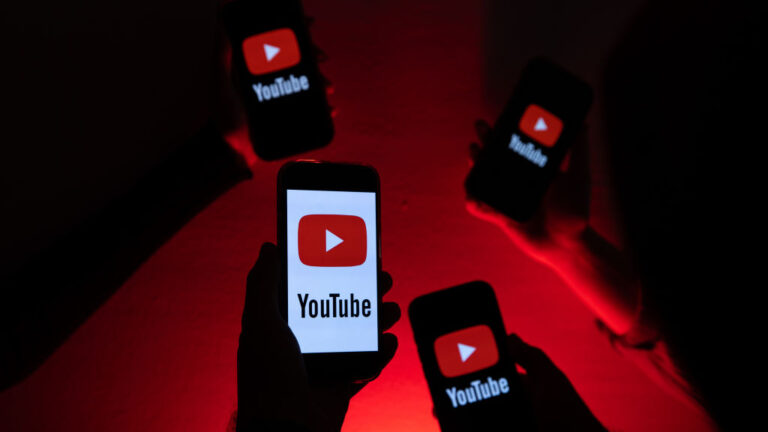
YouTube confirmed Friday that a bug mistakenly removing seemingly thousands of accounts wrongly marked as sharing spam and deceptive content was finally fixed. The problem started Thursday afternoon, 9to5Google reported, when non-content creators, including paid subscribers, complained that they had…
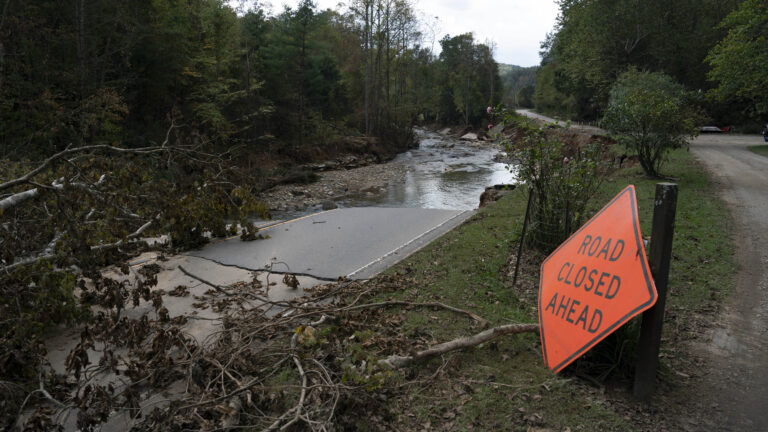
Hurricane Helene’s catastrophic damage and flooding to the Southeastern states may affect the country’s medical supply chain. Hospitals nationwide are bracing for a possible shortage of essential intravenous fluids after the cataclysmic storm inundated a vital manufacturing plant in North…
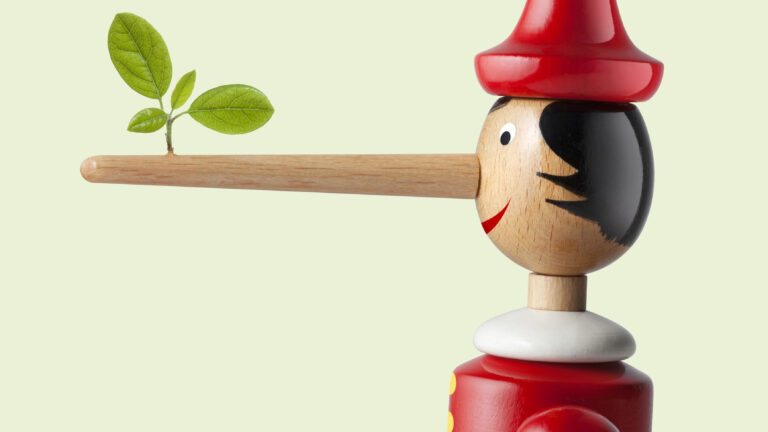
When a research team led by Amrit Kirpalani, a medical educator at Western University in Ontario, Canada, evaluated ChatGPT’s performance in diagnosing medical cases back in August 2024, one of the things that surprised them was the AI’s propensity to…

Two men involved in an elaborate scheme duping Apple into replacing about 6,000 counterfeit iPhones with genuine iPhones were sentenced to prison this week, the US Department of Justice announced Thursday. Together with their co-conspirators, the 34-year-old scammers, Haotian Sun…
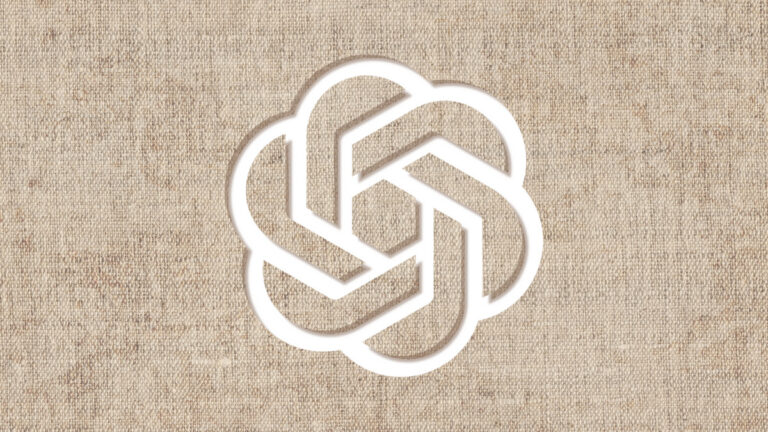
On Thursday, OpenAI unveiled Canvas, a new interface for ChatGPT designed to enhance collaboration on writing and coding projects. The feature bears similarities to a feature called Artifacts in Anthropic’s Claude AI assistant, introduced in June. Canvas displays content in…